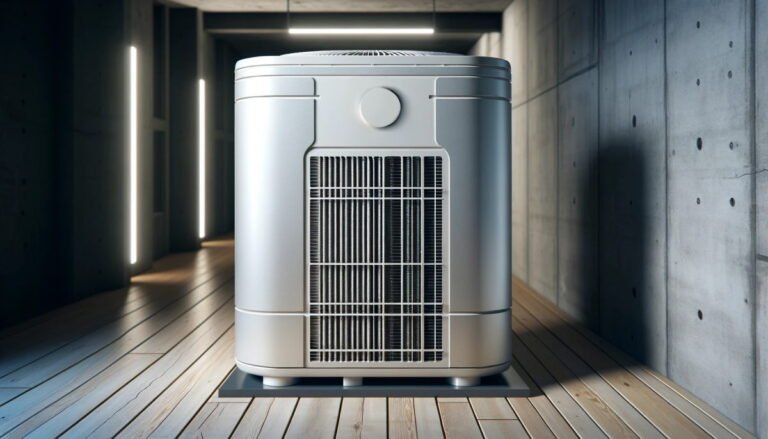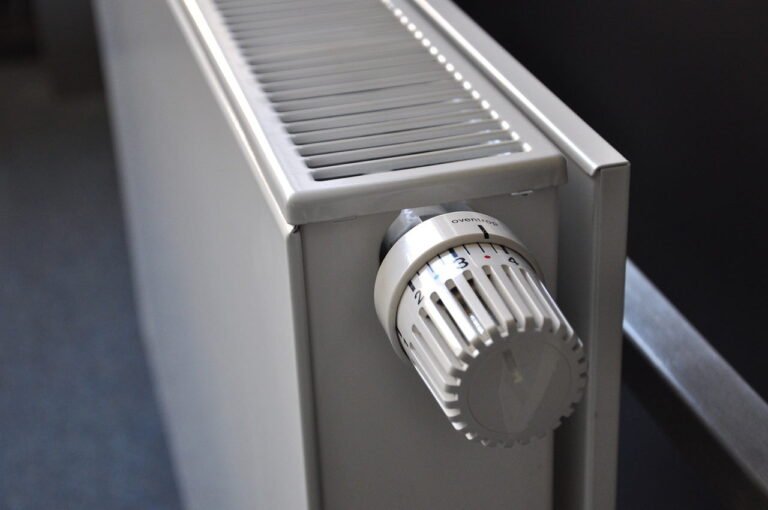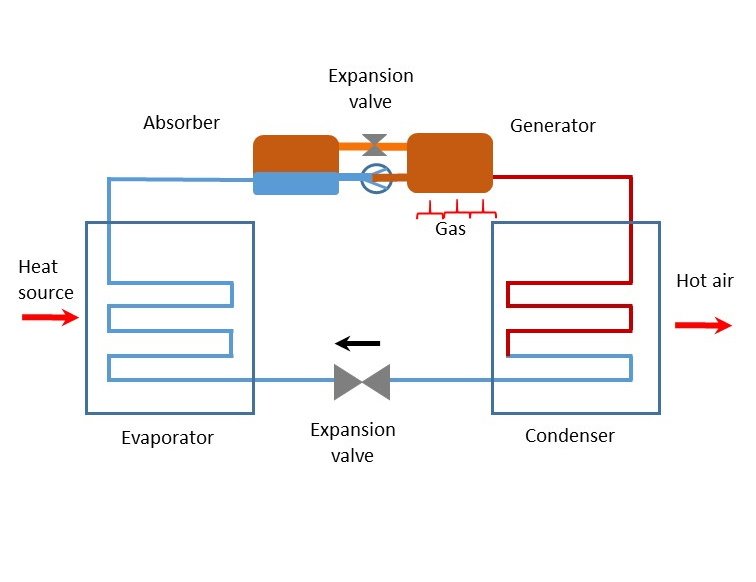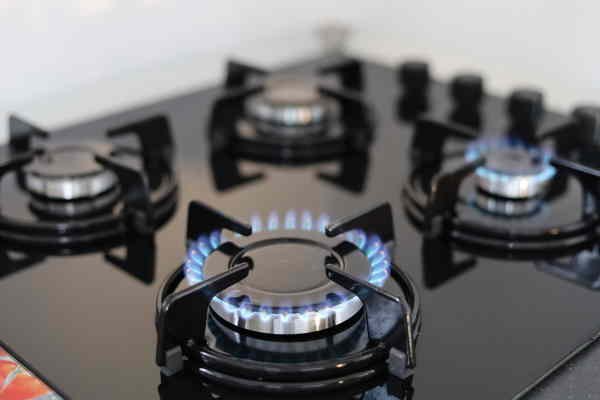Benefits of Dual Fuel Heat Pumps: Exploring The Best Options
Are you curious about upgrading your home’s heating and cooling system?
Considering the benefits of dual fuel heat pumps really makes you think about the best ways to keep your home comfortable year-round. These systems cleverly combine electric heat pumps with gas furnaces to deliver optimal efficiency and powerful heating when you need it.
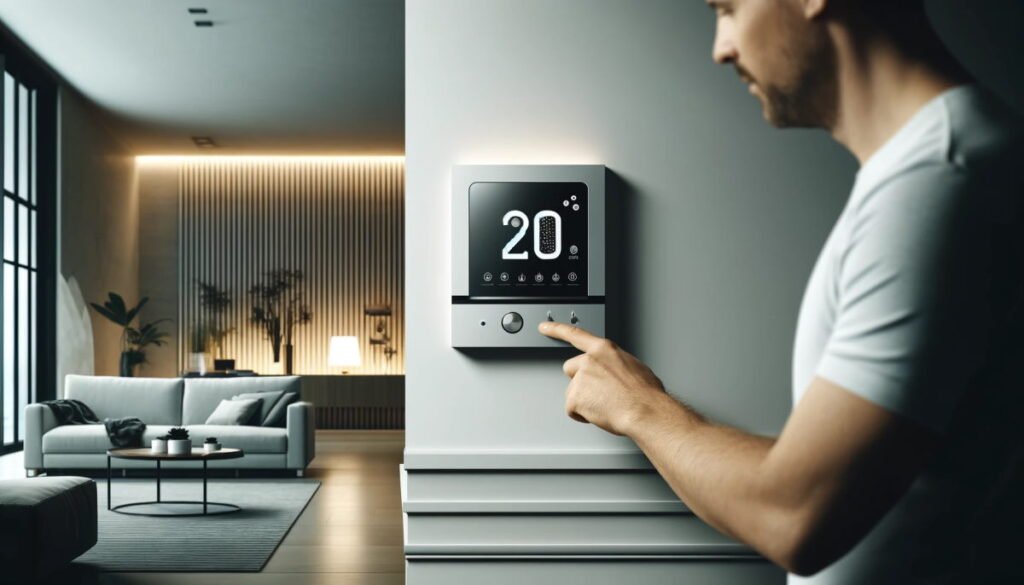
This guide will dive deep into the exciting world of modern dual fuel heat pump systems, exploring various options, highlighting key features and benefits, and helping you find the perfect match for your specific needs.
Thanks to significant advancements in both heat pump and furnace technology, these dual systems lead the pack with some of the lowest operating costs around. Plus, they’re incredibly efficient and ensure top-notch comfort.
So, let’s get started and see how these systems can transform your home environment!
What Are Dual Fuel Heat Pumps and How They Work?
So, what exactly are dual fuel heat pumps?
Well, they’re a smart combo of an electric heat pump and a gas-powered furnace, which typically runs on either natural or propane gas. What’s cool about these systems is how they smartly toggle between electric and gas heating depending on the outdoor temperature. This clever switching ensures you’re using energy as efficiently as possible all year round.
During the sunny days of spring and summer, the heat pump takes the lead, acting just like an air conditioner to keep your place cool without firing up the furnace. But when the leaves start to fall and the temperature drops, the furnace steps up to keep your home warm and toasty through the colder months.
Here’s something interesting: manufacturers have found that as long as the temperature outside stays above 35°F, heat pumps are really good at pulling heat from the outside air to warm up your home. But when it dips below that, heat pumps aren’t as efficient and can get pretty pricey to run. That’s when your furnace comes in to save the day with a more cost-effective heating solution.
Let’s break down some key points about dual fuel systems:
- Efficiency Comparison: Dual fuel heat pumps may not beat mini-split heat pumps in terms of efficiency, but they sure do outperform traditional AC and furnace setups.
- Cost of Installation: They’re more budget-friendly to install than geothermal systems, though they come with a higher price tag compared to mini-splits.
- Performance in Cold Climates: In regions where the thermometer often drops low, these hybrid systems are the champions. They surpass standard electric heat pumps in both efficiency and the cost of operation, making them ideal for chilly areas.
And with the current low prices of natural gas, opting for a furnace that pairs with a heat pump or an AC unit is particularly attractive. These systems are typically installed as a single, roof-mounted unit that delivers both heated and cooled air throughout your house all year long via ductwork. This setup not only simplifies the installation process but also helps in maintaining a consistent temperature inside, no matter the season.
So, if you’re looking for a system that adjusts to the weather while keeping your energy bills in check, a dual fuel heat pump could be just what you need.
7 Benefits of Dual Fuel Heat Pumps
Efficiency
Dual fuel systems combine the efficiency of electric heat pumps with the robust heating power of gas furnaces, offering significant energy savings and reduced utility bills.
During the summer, the heat pump efficiently moves cool air throughout your home. In winter, it extracts warmth from the outside air—effective as long as the temperature remains above 35°F.
If the external temperature drops below this threshold and the heat pump can no longer meet the thermostat’s set temperature, the gas furnace activates to provide additional heating.
High Performance Options
These systems come in various high-performance models, including two-stage or variable speed systems that improve temperature distribution, enhance overall efficiency, and operate more quietly.
Cost Savings
Although the initial cost of dual systems is higher, their superior efficiency compared to traditional AC and furnace combinations results in substantial long-term savings, with a payback period typically between 3-4 years.
Moreover, these systems are designed to last longer since the operational load is shared between the heat pump and furnace.
They also offer potential financial benefits such as eligibility for energy-saving tax breaks and rebates.
Reliability
They are extremely reliable, utilizing both natural or propane gas and electricity—widely available energy sources. Environmentally, they excel by reducing reliance on gas, particularly in milder climates where the electric heat pump handles most of the heating and cooling, thus reducing the overall carbon footprint.
Eco-Friendly
In warmer regions, dual fuel systems primarily use the electric heat pump, minimizing gas consumption and reducing the carbon footprint compared to traditional heating systems. This makes them an environmentally friendly choice for home heating and cooling.
Versatility
The versatility of dual fuel systems is another advantage. They can automatically adjust their settings based on weather conditions to maintain optimal indoor comfort while maximizing energy savings.
You can choose between gas and electricity depending on the temperature; in moderate conditions, the heat pump operates efficiently, but in extreme cold, the system seamlessly switches to the furnace.
This transition can also be manually controlled, offering greater customization over your home’s climate.
Superior Comfort
Comfort is significantly enhanced with these systems. Unlike single-source systems that may suffer from performance issues and temperature fluctuations, dual fuel systems utilize the strengths of both heat pumps and furnaces, ensuring stable and reliable temperature control.
Moreover, since the noisiest component, the air compressor, is located outside the house, these systems are quieter, further enhancing the comfort within your home.
Are Dual Fuel Heat Pumps Right for You?
Dual fuel heat pumps excel in regions with severe winters, offering the most cost-effective heating. They operate predominantly on the heat pump when temperatures are above 35°F but seamlessly switch to the furnace when temperatures drop, ensuring reliable warmth.
While modern heat pumps are designed to handle low temperatures, they are more expensive than standard units and still face challenges in extreme cold.
The Best of Both Worlds
A dual fuel heat pump system offers superb cooling in summer and high comfort levels in winter. When extreme cold hits, the furnace boosts comfort significantly. If comfort is a priority, this system provides an outstanding year-round solution.
Off-grid? No problem—propane furnaces are just as efficient, ensuring year-round comfort.
Cost Considerations
When you’re thinking about the costs of a dual fuel heat pump system, remember it’s not just the sticker price you’re looking at. Sure, these systems might hit your wallet harder upfront because they combine a heat pump with a furnace and have some pretty high-tech features. And if you need new ductwork, that’s an extra expense.
However, the operational costs of dual fuel systems are generally lower due to their energy efficiency, especially in climates with significant temperature fluctuations. Additionally, owners may benefit from various state and federal tax incentives, rebates, and energy credits that can substantially lower the overall costs and shorten the payback period.
Where to Buy?
You can purchase dual fuel heat pump systems from a variety of sources including local HVAC contractors, home improvement stores like Home Depot and Lowe’s, online retailers, directly from manufacturers like Goodman and Carrier, or through specialized HVAC suppliers.
Each option offers its own advantages, such as professional installation services, customer reviews, detailed product descriptions, and expert advice.
Additionally, it’s wise to compare prices and look for rebates or incentives that might be available for energy-efficient systems to help reduce the initial investment.
Conclusion
Because of the many benefits of dual fuel heat pumps, they stand out as an excellent choice for anyone looking to upgrade their home’s heating and cooling systems. These smart systems combine the efficiency of an electric heat pump with the powerful heating capabilities of a gas furnace, ensuring optimal comfort through all seasons.
While the initial cost may be higher, the energy efficiency of these systems translates into significant savings on your monthly bills. Plus, the consistent comfort they provide, regardless of whether it’s a scorching summer or a chilly winter, really makes the investment worthwhile.
So, if you’re seeking a reliable, cost-effective, and comfortable climate control solution, a dual fuel heat pump could be just the ticket.
More About Heat Pumps
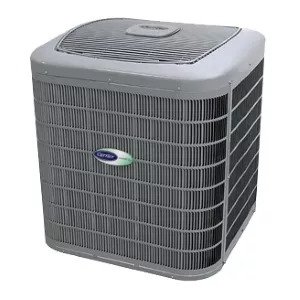
Heat Pump Not Cooling? Here’s What You Need to Know
Heat pumps are essential not only in the winter for heating our homes but also in the summer to cool…
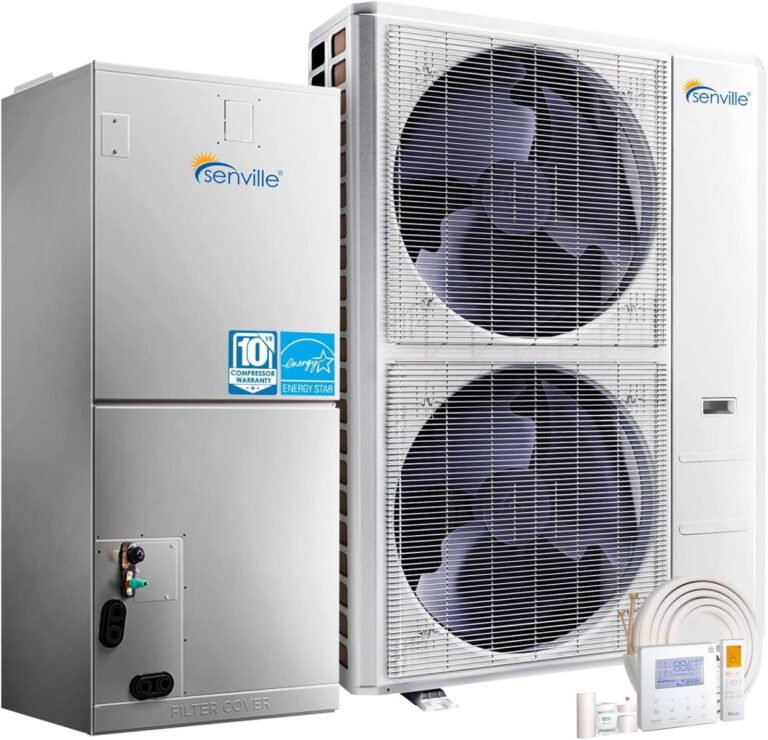
Compare Ductless Mini-Split Heat Pumps vs. Window Heat Pumps: Which Is Right for You?
In this article, we are going to look at ductless mini-split heat pumps vs. window heat pumps, examine how each…
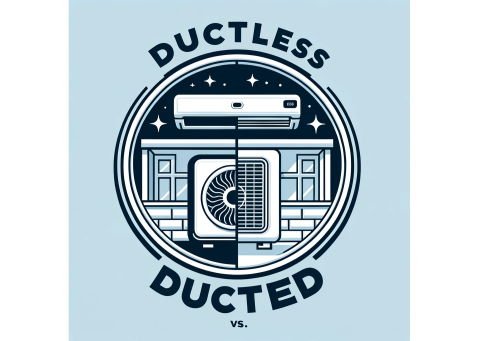
Explore the Differences: How Ductless vs. Ducted Heat Pumps Compare
Deciding between ductless vs. ducted heat pumps is as easy as planning a holiday. You know it’s going to cost…


